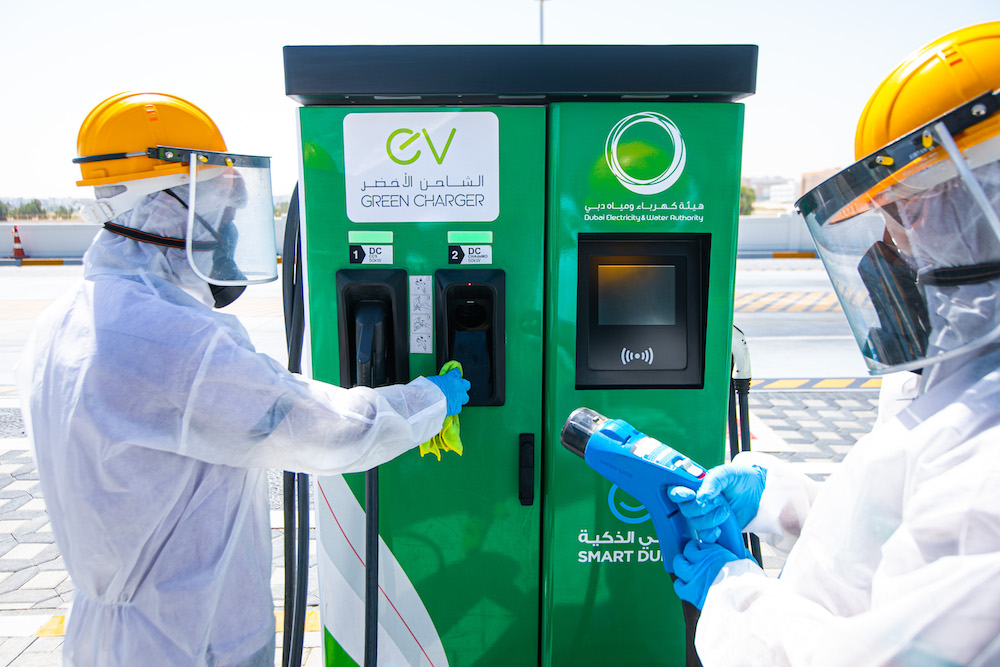Security Council members approve choice of new UN envoy to Libya
NEW YORK: Security Council members on Friday approved the appointment of veteran Slovak diplomat Jan Kubis as the UN’s special envoy to Libya.
It came as UN officials said significant progress has been made in Geneva this week during the inaugural meeting of the advisory committee for the Libyan Political Dialogue Forum (LPDF).
Secretary-General Antonio Guterres nominated Kubis to be his envoy, a position that has been vacant since early March last year, when Ghassan Salameh resigned due to stress after less than three years in the job.
A number of replacements were suggested but members of the Security Council failed to agree on one. In December they overcame their differences and approved the choice of Bulgarian diplomat Nikolai Mladenov — only for him to surprise everyone by turning down the offer for “personal and family reasons.”
Kubis is currently the UN’s Special Coordinator for Lebanon. He previously held similar positions in Iraq and Afghanistan.
Meanwhile Guterres’s spokesman Stephane Dujarric hailed what the UN Support Mission in Libya (UNSMIL) described as significant progress during the first meeting of the LPDF’s advisory committee, which began in Geneva on Jan. 13 and concludes on Jan. 16.
“The mission hopes shortly they will be able to narrow down the major differences and reach near consensus on many of the contentious issues concerning the selection-mechanism proposals,” Dujarric said.
The formation of the advisory committee was announced on Jan. 3. Its 18 members, including women, young people and cultural figures, were chosen to reflect the country’s wide geographical and political diversity.
The secretary-general’s acting special representative for Libya, Stephanie Williams, had indicated that the main task for the committee would be to deliberate on the contentious issues that have plagued the selection of a unified executive authority. The aim is to develop solid recommendations the LPDF can consider in line with the political roadmap agreed by its 75 members during their first round of talks in Tunis last year.
This roadmap represents a rights-based process designed to culminate in democratic and inclusive national elections Dec. 24 this year. The date is also that of Libya’s 70th Independence Day. The elections will mark the end of the transitional phase for the country and chart a new way forward.
“This unwavering achievement, this date to return the sovereign decision to its rightful owners, is our top priority,” said Williams in her opening remarks at the advisory committee meeting in Geneva this week.
She also rejected claims that UNSMIL will have any say in the selection of the new executive authority. “This is a Libyan-Libyan decision,” Williams said, adding that the interim authority is intended to “shoulder the responsibility in a participatory manner and not on the basis of power-sharing, as some believed.”
She added: “We want a participatory formula where there is no victor, no vanquished; a formula for coexistence for Libyans of various origins for a specific period of time until we pass on the torch.
UNSMIL spokesman Jean Alam said the Geneva talks have already overcome some major hurdles. This builds on the political accomplishments since the Tunis meeting at which a consensus was reached on the political roadmap, the eligibility criteria for positions in the unified executive authority, and the authority’s most important prerogative: setting a date for the elections.
He also reported “very encouraging progress” in military matters since the signing of a ceasefire agreement in October by the 5+5 Joint Military Commission (JMC), the members of which include five senior officers selected by the Government of National Accord and five selected by the Libyan National Army.
“This includes the recent exchanges of detainees conducted under the JMC’s supervision, as part of wider confidence-building measures; the resumption of flights to all parts of Libya; the full resumption of oil production and export; as well as the proposed unification and restructuring of the Petroleum Facilities Guards, in addition to the ongoing serious talks on the opening of the coastal road between Misrata and Sirte, which we hope will take place very soon,” said Alam.
He also hailed “promising developments” relating to the economy, including the recent unification of the exchange rate by the Central Bank of Libya, a step that requires the formation of a new authority for it to be implemented.
“The recent meeting between the ministries of finance was an important effort to unify the budget and allocate sufficient funding to improve services and rebuild Libya’s deteriorating infrastructure, particularly the electrical grid,” Alam said.
“All of these reforms are steps that will bring national institutions together to work in establishing a more durable and equitable economic arrangement.”
Williams added that without a unified executive authority, it would difficult to implement these steps.











